Types of Tea That May Help With Weight Loss
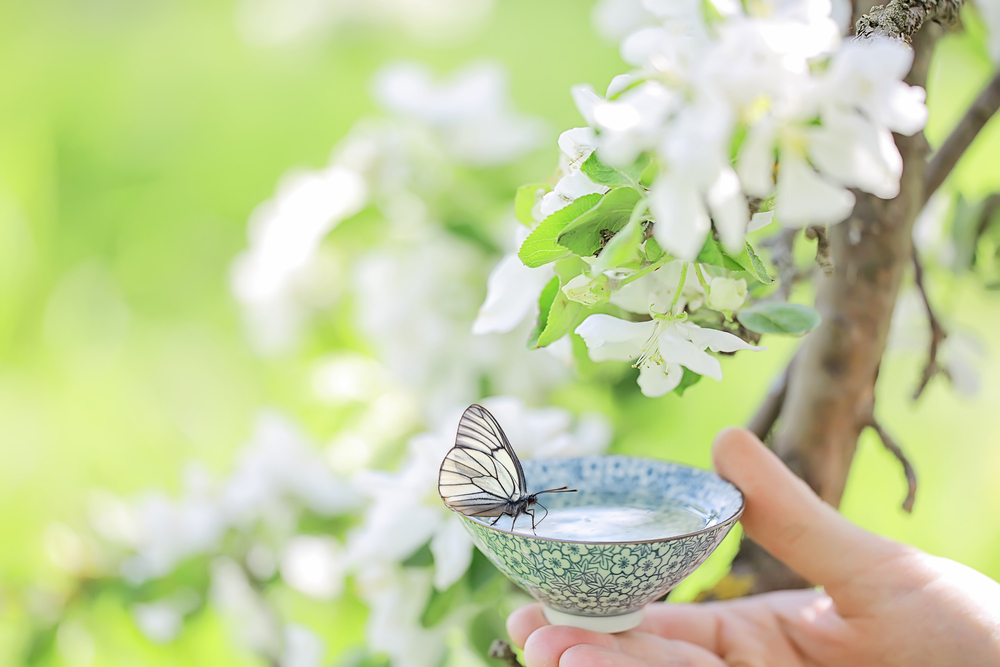
Tea, a beloved beverage enjoyed worldwide, has been associated with various health benefits, including weight loss. Certain types of tea contain compounds that can boost metabolism, reduce appetite, and aid in fat burning. Here are the types of tea that may help you on your weight loss journey:
1. Green Tea
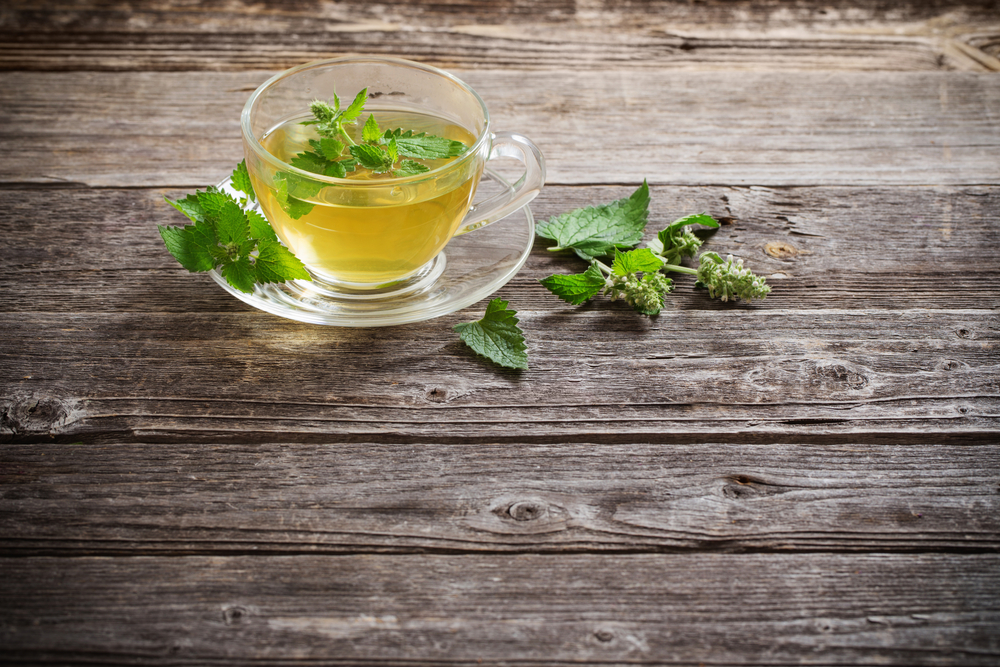
Green tea is one of the most well-known teas for weight loss, thanks to its high concentration of catechins, particularly epigallocatechin gallate (EGCG). Catechins are powerful antioxidants that have been shown to boost metabolism and increase fat burning, especially during exercise.
How it works: Green tea can aid in thermogenesis, the body’s process of burning calories to produce heat.
Best time to drink: Try having a cup before your workout or in the morning to give your metabolism a gentle boost.
Bonus: It contains a moderate amount of caffeine, which can provide a small energy boost.
2. Oolong Tea
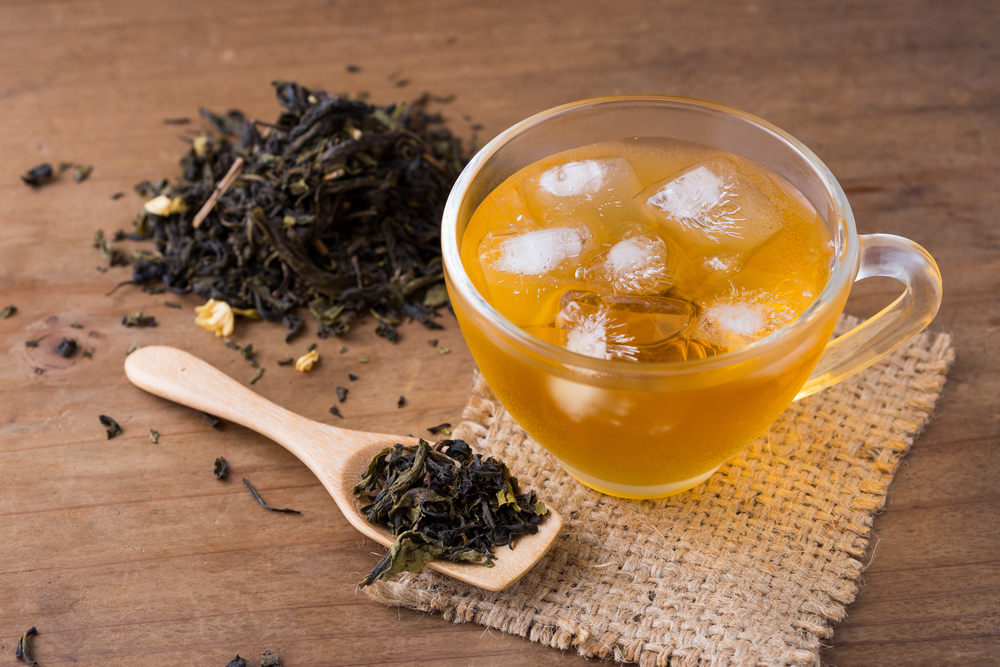
Oolong tea is partially oxidized, making it a middle ground between green and black tea. It is rich in caffeine and polyphenols, which are known to aid in weight management by promoting fat oxidation.
How it works: The unique combination of catechins and caffeine in oolong tea can help increase the rate of fat breakdown and calorie burning.
Best time to drink: Having oolong tea in the afternoon can be a great way to maintain energy levels and reduce cravings.
Bonus: It has a variety of floral and fruity flavors, making it enjoyable without needing added sugars.
3. Black Tea
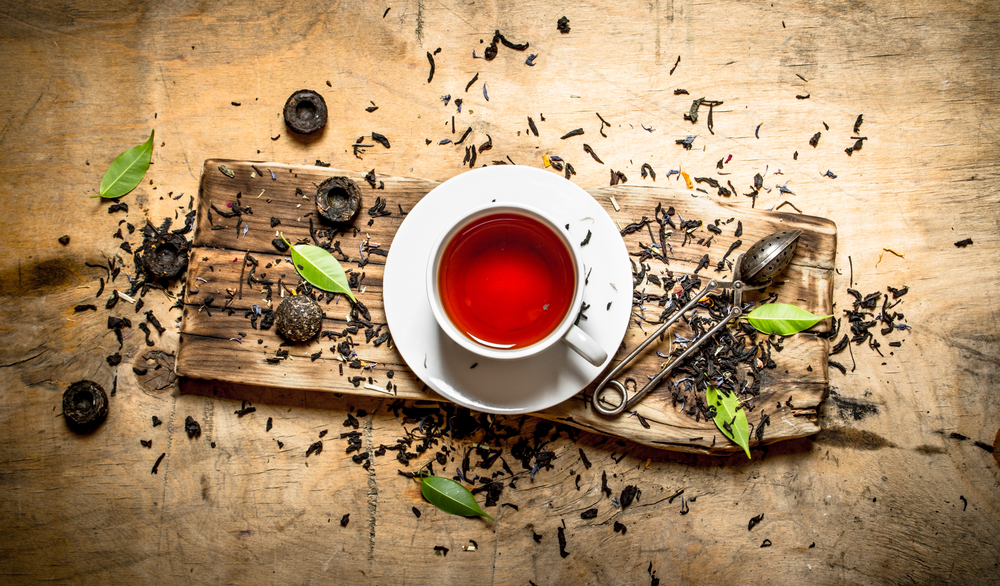
Black tea undergoes full oxidation, giving it a darker color and richer flavor than other types of tea. Studies have found that black tea may help with weight management by altering gut bacteria and reducing calorie absorption.
How it works: Black tea contains flavonoids that can help reduce body weight by improving fat distribution and aiding digestion.
Best time to drink: Drinking a cup in the morning or early afternoon can give you an energy lift and help curb your appetite.
Bonus: Black tea has higher caffeine levels than green or white tea, providing a sustained energy release.
4. White Tea
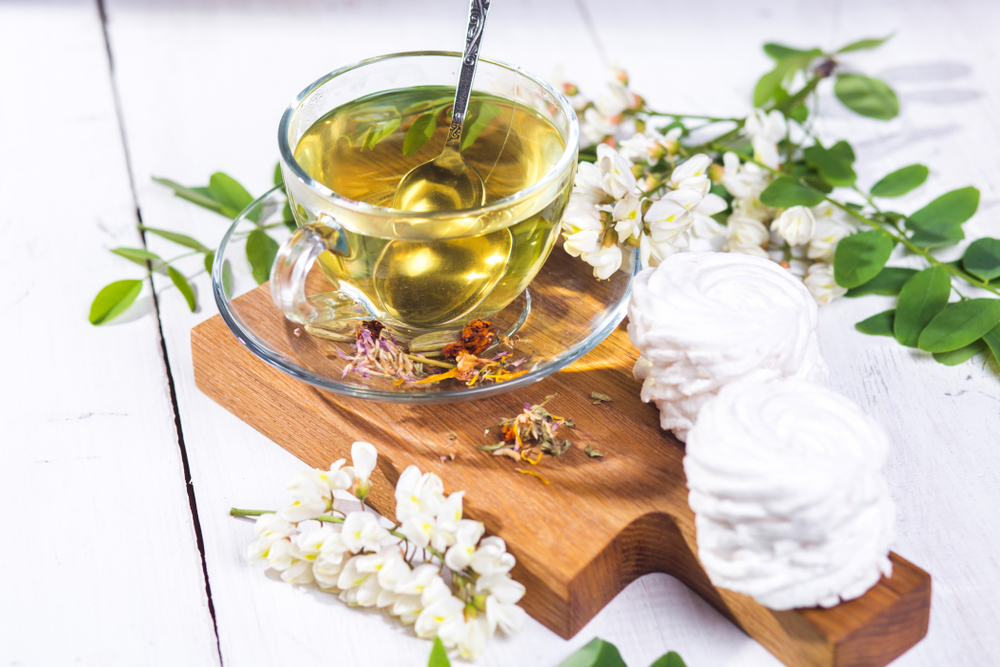
White tea is minimally processed and contains high levels of antioxidants that help prevent new fat cells from forming. Some studies also suggest that white tea can aid in breaking down existing fat cells.
How it works: The catechins in white tea can help inhibit the development of new fat cells, supporting long-term weight management.
Best time to drink: Enjoying a cup of white tea in the evening or as a relaxing afternoon drink can provide a calming effect while promoting fat breakdown.
Bonus: White tea has a light, delicate flavor, making it a pleasant choice without the need for added sweeteners.
5. Herbal Tea (Peppermint or Ginger Tea)
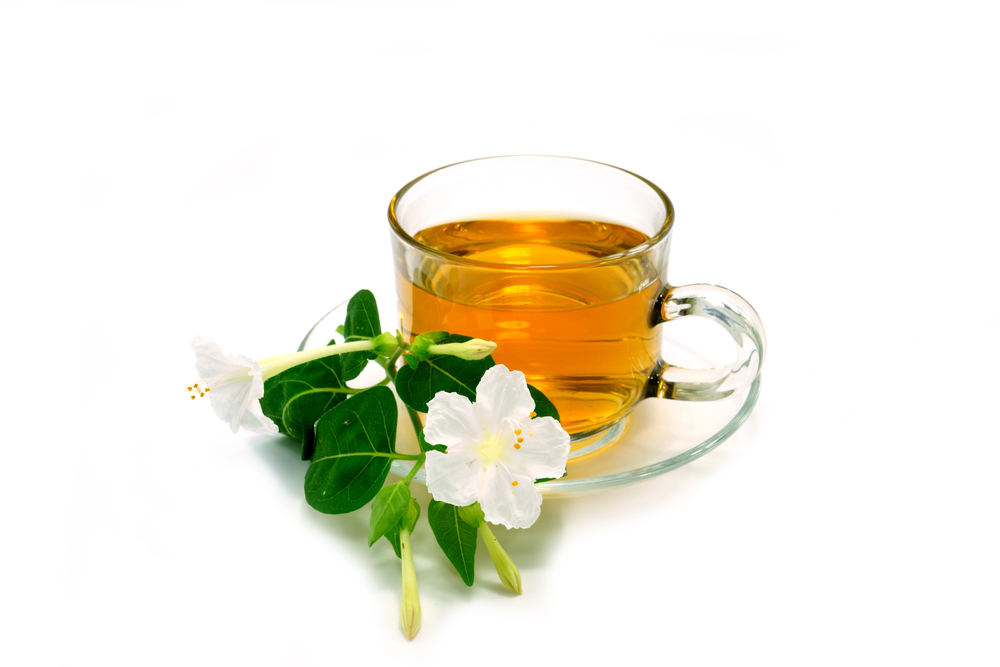
Although technically not "tea," herbal teas like peppermint and ginger offer excellent weight-loss benefits without caffeine. Peppermint tea may help reduce cravings, while ginger tea is known for its thermogenic properties and ability to promote digestion.
How it works: Ginger tea can help regulate blood sugar levels, reduce hunger, and promote fat burning, while peppermint tea may help with appetite control.
Best time to drink: Herbal teas are perfect before bed since they are naturally caffeine-free, and ginger tea can be particularly soothing after meals.
Bonus: Both peppermint and ginger teas have digestive benefits, which can help reduce bloating and promote a flatter stomach.
Tips for Maximizing Tea Benefits for Weight Loss
Avoid adding sugar: Sweeteners can add calories that counteract the benefits of the tea. Consider using natural flavors like lemon or cinnamon.
Stay hydrated: While tea can help, staying hydrated overall is crucial for weight loss and metabolism.
Incorporate exercise: The compounds in tea are most effective when combined with regular physical activity.
Maintain a balanced diet: Tea can complement a healthy diet, but sustainable weight loss depends on a balanced approach to food.
Adding tea to your weight-loss journey can be an enjoyable and effective way to support your health goals. While each type of tea has unique benefits, remember that consistency and a healthy lifestyle are key for long-term success.
Lately people are raving about a special blend of herbal tea. It is loaded with vitamins and all natural ingredients.
We did not try it ourselves, but people swear by it.
Watch the talkshow below right now because Dr. Dean performs a live demonstration showing how fat burning is activated at the cellular level.


